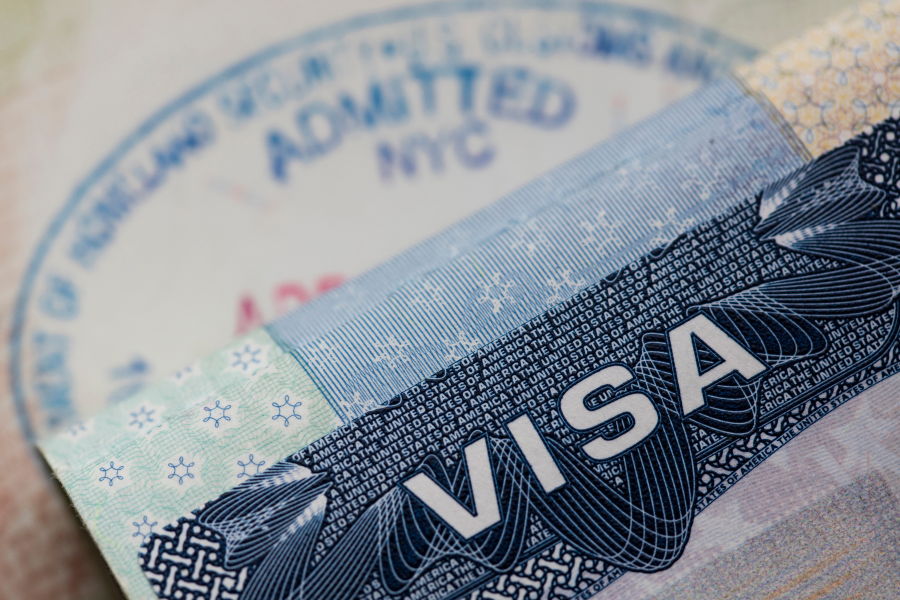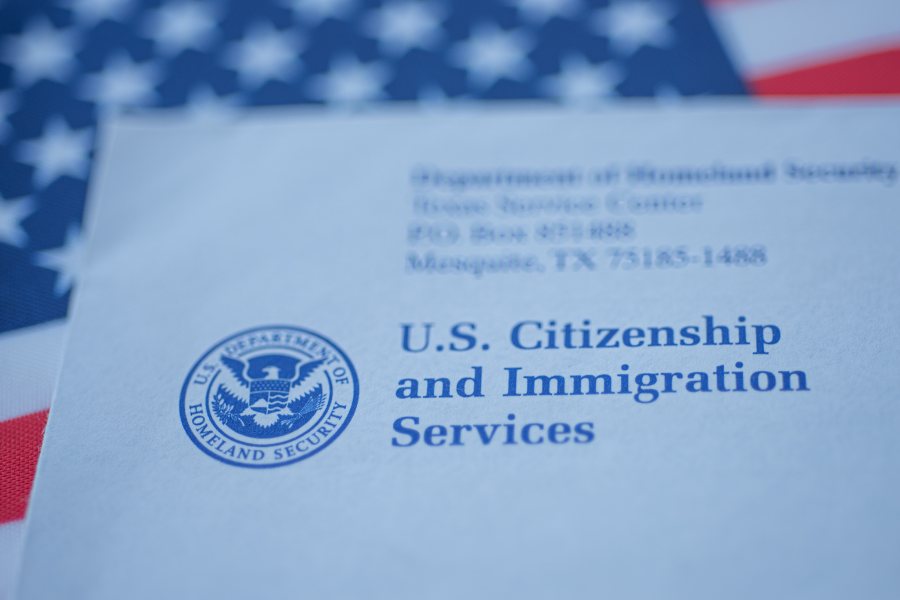On July 25, 2022, U.S. Citizenship and Immigration Services (USCIS) announced that it will extend certain COVID-19-related deadlines for responding to agency requests. This extension is valid through October 23, 2022, and represents an extension of the previously extended response times offered throughout the pandemic. The extension of the flexibilities has provided practitioners and applicants with additional time to gather evidence and formulate responses.
Under these flexibilities, which were first announced in March 2020 in response to the onset of the COVID-19 epidemic, USCIS will consider responses received within 60 calendar days after the due date set forth in certain types of requests or notices before taking action on petitions. These requests and notices must have been issued between March 1, 2020, and Oct. 23, 2022, and include:
- Requests for Evidence;
- Continuations to Request Evidence (N-14);
- Notices of Intent to Deny;
- Notices of Intent to Revoke;
- Notices of Intent to Rescind;
- Notices of Intent to Terminate regional centers;
- Notices of Intent to Withdraw Temporary Protected Status; and
- Motions to Reopen an N-400 Pursuant to 8 CFR 335.5, Receipt of Derogatory Information After Grant.
The extensions will also be applied to Form I-290B, Notice of Appeal or Motion, and Form N-336, Request for a Hearing on a Decision in Naturalization Proceedings (Under Section 336 of the INA), provided the forms are filed up to 90 calendar days from the issuance of a decision that the agency made, and that the decision was issued between Nov. 1, 2021, and Oct. 23, 2022, inclusive.
USCIS has adopted these measures to minimize the immigration consequences of late responses for those seeking immigration benefits in the wake of the COVID-19 epidemic, which continues to affect the functioning of the immigration system.
The Agency has also made its “reproduced signature flexibility” policy permanent as of July 25, 2022. This means that going forward, USCIS will accept all benefit forms and documents with reproduced original signatures, including for all family-based and employment-based applications dated March 21, 2020 or after. This permits applicants to submit documents that have been scanned, faxed, photocopied, or similarly reproduced provided that the copy is of an original document containing a “wet” (original, handwritten) signature.
Individuals or organizations that submit documents bearing an electronically reproduced original signature must also retain copies of the original documents containing the “wet” signature. USCIS may at any time request the original documents, which if not produced, could negatively impact the adjudication of the immigration benefit.
These changes continue to provide applicants and their attorneys with additional time to formulate responses to USCIS notices. These changes should generally improve the quality of responses to requests for evidence as parties are given a greater opportunity to gather necessary evidence in support of applications.
Indeed, the new signature requirements are similarly helpful as immigration law is a global practice with attorneys representing companies and individuals throughout the world. The change also corresponds to USCIS’ own recent changes in offering more electronic filing options and their internal policy of maintaining electronic records.
Should you need to respond to a USCIS Request for Evidence, Notice of Intent to Deny or similar requests, please feel free to contact Green & Spiegel for assistance with such matters at info@gands-us.com or by contacting us directly at (215) 395-8959.




